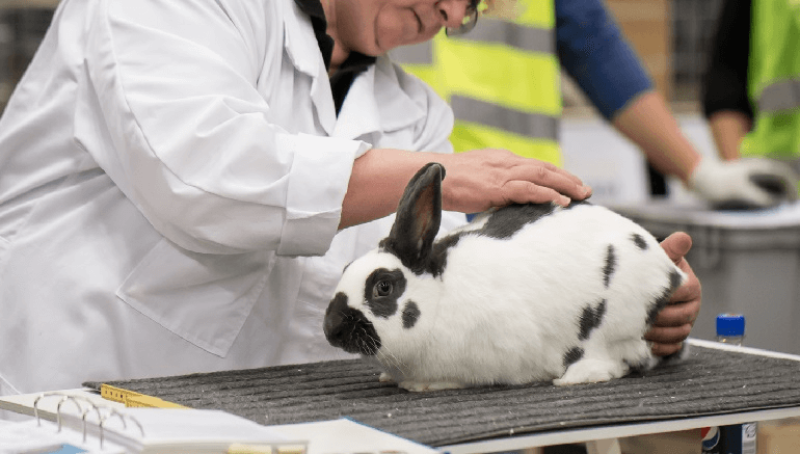The traditional way of testing vaccines involves injecting them into animals and waiting weeks or months for the result. When developing a whole new class of vaccine or focusing on a new target, scientists often need to evaluate many vaccine candidates, requiring numerous animal studies.
As an alternative, researchers have developed a new testing platform that encapsulates B cells into miniature “organoids” to screen vaccines quicker and greatly reduce the number of animals needed. This development is detailed in a study published in scientific journal ACS Central Science, published by the American Chemical Society.
To construct organoids, the researchers isolated B cells from mouse spleens, added cellular signaling molecules and structural components, then encapsulated everything in a synthetic hydrogel matrix. Next, they prepared conjugate vaccine candidates targeting the bacterium responsible for tularemia, or “rabbit fever,” for which an approved vaccine does not currently exist.
…
“The barriers to replacement are not scientific—they are policy, educational, and psychological,” [researcher Elizabeth] Baker concludes. “Our team and many others are working to address these challenges so that science will continue moving away from animal use.”































